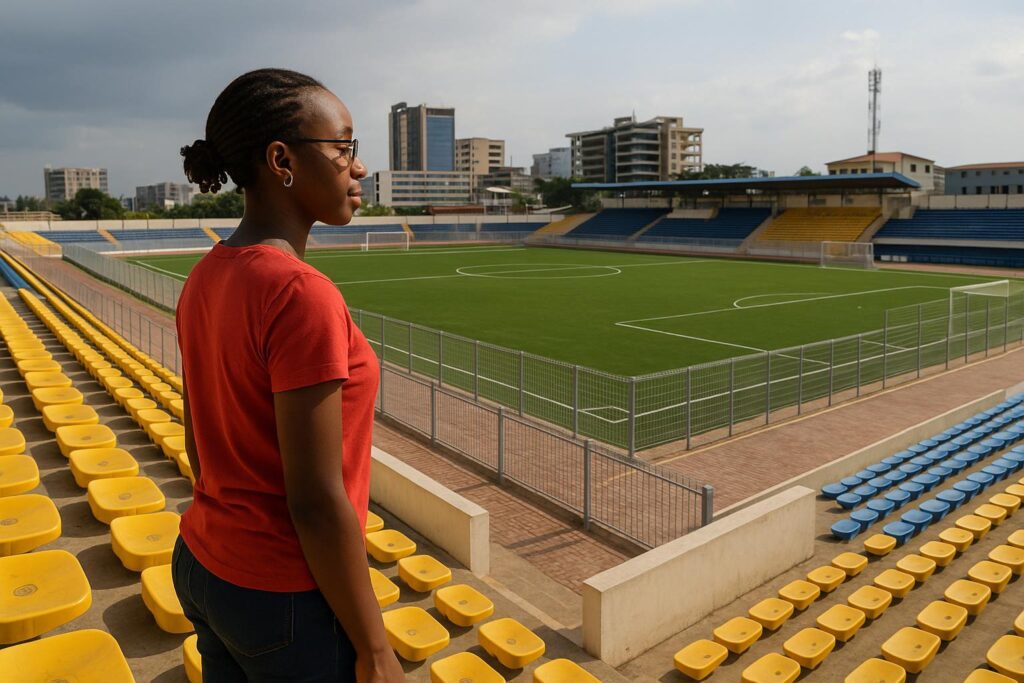Digital ticketing revolution hits Juba National Stadium
The rebuilt Juba National Stadium will abandon cash windows in favor of a fully mobile money platform covering tickets, hospitality rentals and merchandising, officials confirmed on Monday.
Management argues that digital payments slash printing costs, tighten revenue tracking and speed up entry, critical for high-profile fixtures where every second at the turnstiles matters, according to Stadium Director Jalal Abdullah Doka.
World Cup qualifier spotlight: South Sudan vs Congo
First on the calendar is the 5 September FIFA World Cup qualifier pitting South Sudan’s Bright Stars against Congo’s Red Devils, a match expected to draw a cross-border audience and test the venue’s 7,000-seat makeover.
Seat categories will range from 3,000 to 50,000 South Sudanese Pounds, payable through the leading telecom wallets that already dominate domestic remittances.
Bank of South Sudan backs mobile payments
The Bank of South Sudan’s July authorization of mobile money, part of its 2023-2027 strategy, gave legal tender status to digital credits and set a target for 30 percent adult usage within three years.
Central bank officials say formal recognition provides consumer protection, dispute mechanisms and clearer tax channels, incentives they believe will attract fintech investment amid efforts to stabilize the pound.
Balancing innovation with security worries
Still, economists caution that weak cyber-security standards could expose users to fraud, while rapid e-cash expansion might amplify inflationary pressures if monetary oversight lags behind transaction velocity.
Trade Minister Atong Kual Manyang responded that regulators are drafting risk-based guidelines and that promoting cashless commerce will ultimately strengthen price monitoring rather than weaken it.
Regional impact and future outlook
For fans, a barcode on a smartphone now replaces queuing for paper slips, while vendors inside the ground anticipate faster turnover as contactless payments cut change delays.
“This platform means we reconcile revenue in real time and plan maintenance with confidence,” Director Doka emphasized, adding that the model could be replicated by arenas across East and Central Africa.


